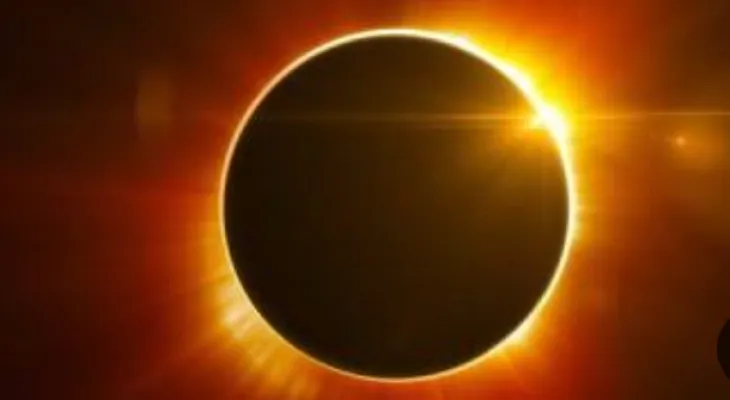Search here
Newspaper
Search here

Arab Canada News
News

Published: April 2, 2024
The Canadian Niagara region declared a state of emergency ahead of a rare total solar eclipse expected to occur on April 8 and to attract large crowds to the famous waterfall area and its surroundings.
The region stated in a statement that Governor Jim Bradley declared a state of emergency "to emphasize the need for caution."
The eclipse will pass over the picturesque waterfalls located on the Canadian-American border, and many are flocking to the available hotels and lodgings for rent before the phenomenon to witness it at one of North America's natural wonders.
Jim Diodati, Governor of Niagara Falls in Ontario, Canada, expected the largest crowd the city has ever seen on the Canadian side to watch the eclipse.
Diodati estimated that up to about one million people will attend compared to 14 million people who usually visit the area throughout the year.
The region will also adjust some of its programs and services and will close some facilities to keep traffic off the roads on April 8.
NASA stated that this is the last total solar eclipse visible from Mexico through Canada until 2044, and warned of the necessity of caution and not looking directly at the sun except through specialized glasses.
The total solar eclipse on April 8 is part of a recurring pattern of eclipses that last visited North America in 1970, and will recur again in 2078, which is why the same eclipse repeats every 54 years.
For most of the 40 million people living in the path of the total eclipse, this will be a once-in-a-lifetime event, but a solar eclipse is the result of a long-term pattern that recurs over time periods much longer than a human life.
Every solar eclipse comes in families called "Saros," and every 223 lunar cycles — the orbits of the moon around the earth — a nearly identical lunar shadow is cast on the earth's surface to cause the eclipse; this equals 6585.3 days, or 18 years, 11 days, and 8 hours. Those eight hours are critical, meaning that three solar eclipses following each other in the same Saros occur one-third of the way around the globe.
The total solar eclipse on April 8 is part of Saros 139, which was responsible for the total solar eclipse across Africa 18 years, 11 days, and 8 hours ago, on March 29, 2006. Exactly after 18 years, 11 days, and 8 hours, on April 8, 2024, the eclipse will occur; and on April 20, 2042 — the same Saros will produce a total solar eclipse in Asia.
Comments